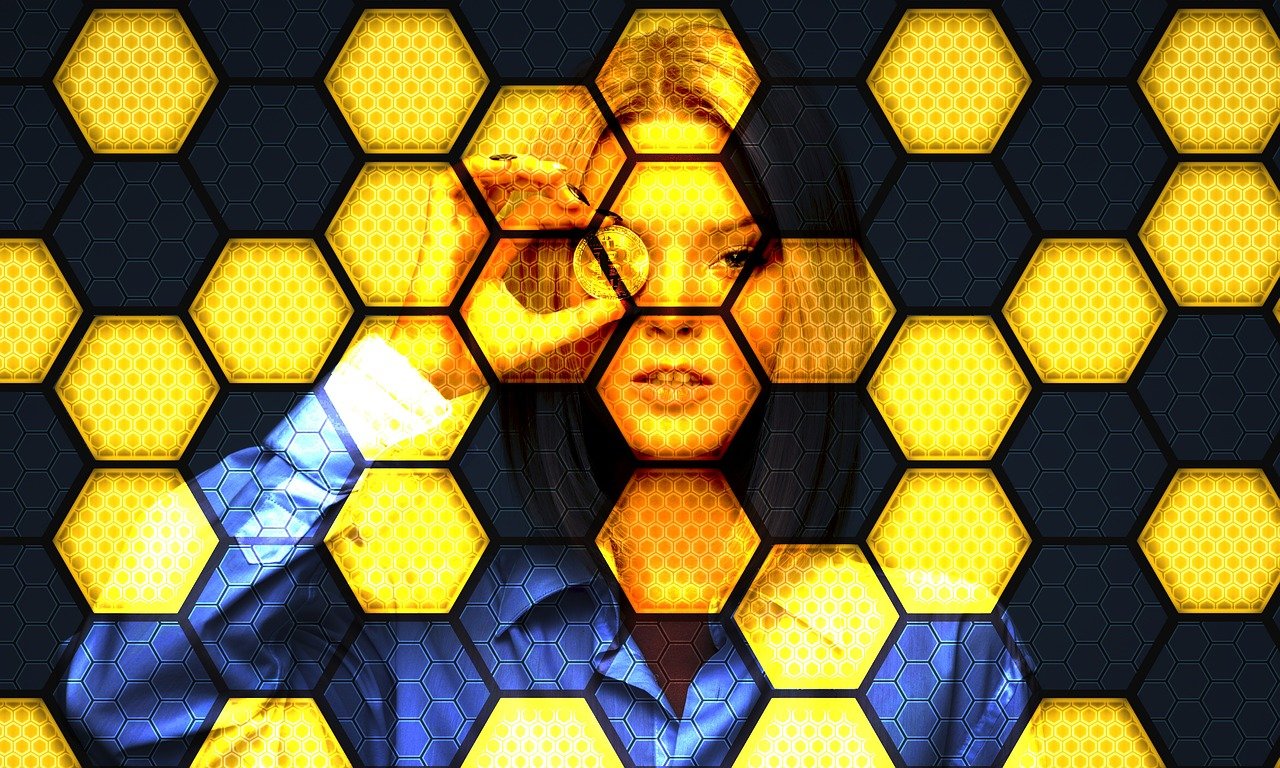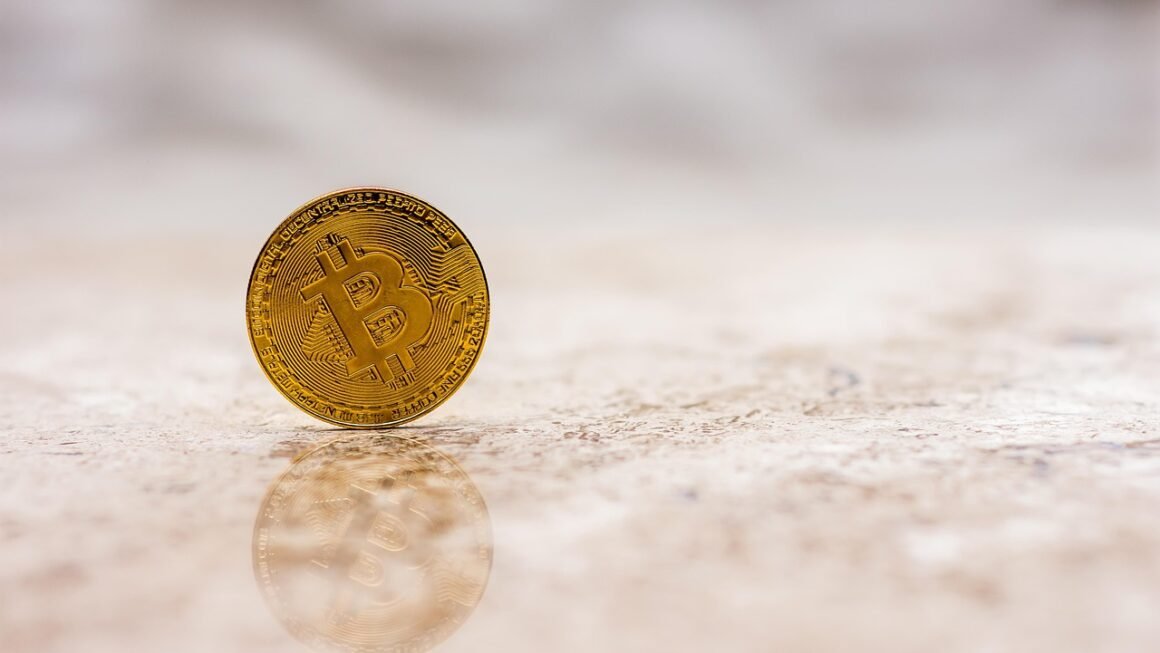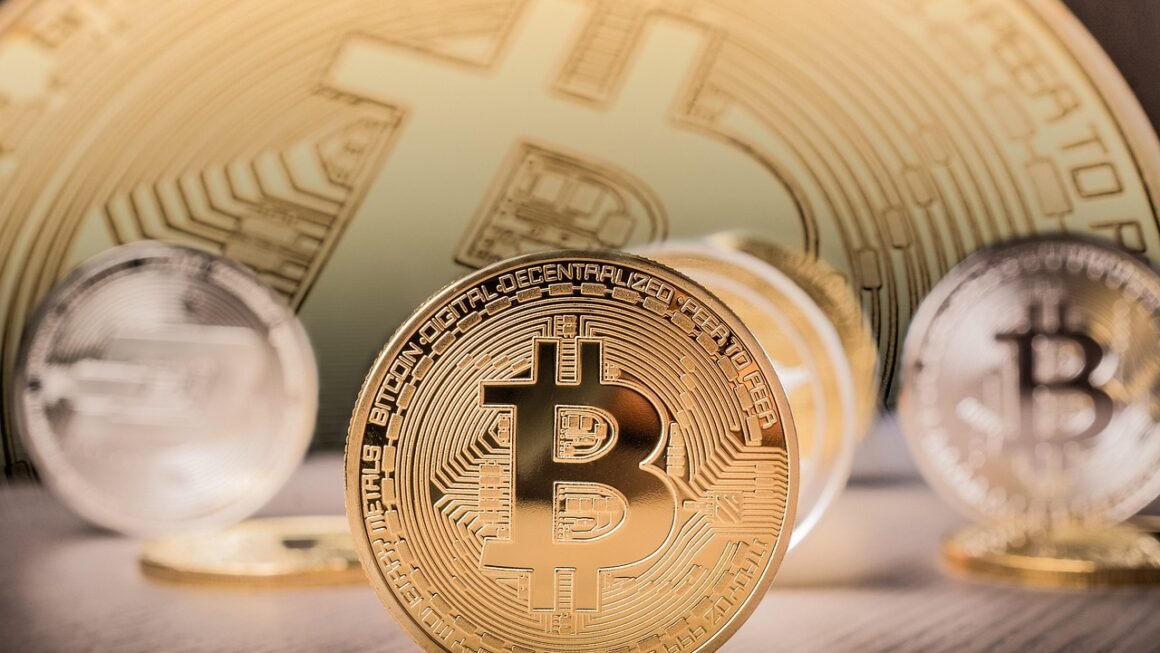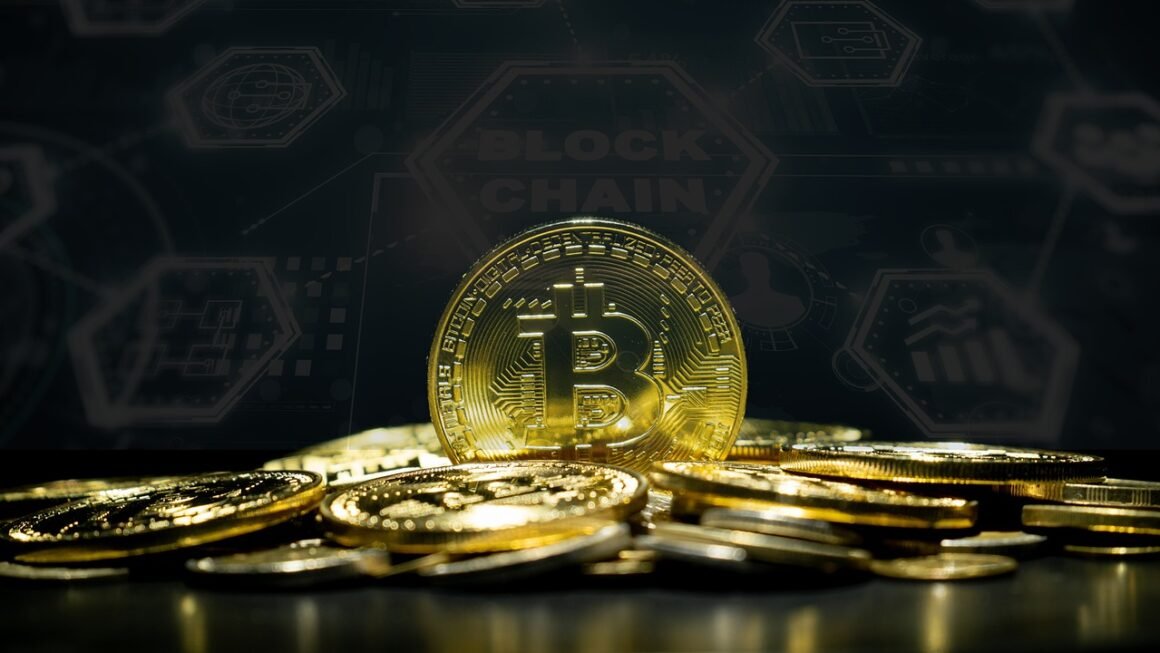Decentralized Autonomous Organizations (DAOs) are revolutionizing how communities and companies operate, promising increased transparency, efficiency, and member participation. Imagine a company run by code, where every member has a say, and the rules are immutable and transparent. That’s the power of a DAO. This blog post will delve into the intricacies of DAOs, exploring their architecture, benefits, challenges, and potential future impact.
What is a DAO?
Defining Decentralized Autonomous Organizations
A DAO, or Decentralized Autonomous Organization, is essentially an internet-native entity governed by rules encoded in computer programs called smart contracts. These smart contracts automate decision-making processes and execute actions based on pre-defined conditions, removing the need for traditional hierarchical structures. This allows for greater transparency, as all transactions and decisions are recorded on a publicly accessible blockchain.
- Decentralized: Control is distributed among members rather than concentrated in a single entity.
- Autonomous: Operations are largely automated through smart contracts, reducing the need for human intervention.
- Organization: Serves a specific purpose, bringing individuals together to achieve a common goal.
How DAOs Differ From Traditional Organizations
Traditional organizations rely on centralized leadership and hierarchical structures. DAOs, in contrast, operate on a horizontal, decentralized model. This distinction leads to several key differences:
- Transparency: All actions are publicly recorded on the blockchain, fostering trust and accountability.
- Democracy: Members can participate in decision-making through voting mechanisms.
- Efficiency: Smart contracts automate processes, reducing overhead and potential for human error.
- Global Reach: DAOs can easily incorporate members from around the world, fostering diverse participation.
- Reduced Intermediaries: By automating many functions, DAOs can cut out middlemen.
For example, consider a traditional investment fund versus a DAO-based investment fund. In the former, decisions are made by a fund manager; in the latter, token holders vote on investment proposals.
The Architecture of a DAO
Smart Contracts: The Foundation of DAOs
Smart contracts are self-executing contracts written in code and stored on a blockchain. They automatically enforce the rules of the DAO, managing everything from token distribution to voting mechanisms. They act as the backbone of a DAO, ensuring operations run smoothly and transparently. Popular blockchains for deploying smart contracts include Ethereum, Solana, and Polkadot.
- Smart contracts ensure code is executed according to the agreed upon rules.
- They facilitate automated governance and decision-making.
- They allow for tamper-proof record-keeping of all DAO transactions.
Tokenomics and Governance
DAOs typically use tokens to represent membership and voting rights. These tokens can be earned through contributions or purchased on cryptocurrency exchanges. Tokenomics refers to the design and management of a DAO’s token supply. Governance models dictate how token holders can propose and vote on changes to the DAO’s rules or operations.
- Voting Power: Token holders typically have voting power proportional to their token holdings.
- Proposal Process: Members can submit proposals for changes to the DAO.
- Consensus Mechanisms: DAOs use various consensus mechanisms (e.g., token-weighted voting, quadratic voting) to determine the outcome of proposals.
A popular example is MakerDAO, a DAO governing the DAI stablecoin. MKR token holders vote on proposals to adjust the parameters of the DAI system, such as stability fees and collateral ratios.
Funding and Treasury Management
DAOs need funding to operate and achieve their goals. Funding can come from various sources, including token sales, grants, and revenue generated by DAO projects. The DAO treasury manages these funds, using smart contracts to automate disbursements according to the DAO’s rules. Transparency in treasury management is crucial for building trust within the DAO community.
- Token Sales: DAOs can sell tokens to raise capital.
- Grants: DAOs can apply for grants from foundations and other organizations.
- Revenue Generation: DAOs can generate revenue through various activities, such as selling products or services.
Benefits and Use Cases of DAOs
Transparency and Trust
One of the primary benefits of DAOs is their inherent transparency. All transactions and decisions are recorded on the blockchain, providing a public and auditable record. This transparency fosters trust among members, as they can see exactly how the DAO is operating and where funds are being allocated. This transparency also reduces the risk of fraud and corruption.
- Increased accountability due to public record keeping.
- Reduced potential for internal corruption because of transparent processes.
- Greater trust among members and stakeholders.
Enhanced Efficiency and Automation
DAOs automate many administrative tasks through smart contracts, reducing the need for manual intervention. This automation leads to greater efficiency, as processes are executed quickly and accurately. For example, a DAO could automatically distribute funds to contributors based on pre-defined criteria.
- Reduced operational costs due to automation.
- Faster decision-making processes.
- Minimized risk of human error.
Diverse Use Cases
DAOs are finding applications across a wide range of industries:
- Decentralized Finance (DeFi): DAOs govern many DeFi protocols, such as lending platforms and decentralized exchanges.
- Venture Capital: DAOs can be used to pool capital and invest in promising startups.
- Grant Giving: DAOs can distribute grants to individuals and organizations working on specific projects.
- Social Communities: DAOs can be used to manage online communities and reward members for their contributions.
- Content Creation: DAOs can be used to fund and manage content creation projects, such as films and music.
Challenges and Considerations
Security Risks
Smart contracts, while powerful, are not immune to vulnerabilities. Bugs in smart contract code can be exploited by hackers, leading to significant financial losses. DAOs must prioritize security audits and employ best practices for smart contract development to mitigate these risks. The DAO hack of 2016, where millions of dollars were stolen due to a vulnerability in the DAO’s smart contract, serves as a cautionary tale.
- Smart contract vulnerabilities can lead to security breaches.
- Security audits are essential to identify and fix vulnerabilities.
- DAO developers must follow best practices for smart contract development.
Regulatory Uncertainty
The legal status of DAOs is still evolving, and regulatory uncertainty remains a significant challenge. DAOs may face difficulties complying with existing regulations, particularly in areas such as securities law and taxation. Clearer regulatory frameworks are needed to foster the growth of DAOs.
- DAOs may face challenges complying with existing regulations.
- Lack of legal clarity can hinder DAO adoption.
- Regulatory frameworks need to evolve to accommodate DAOs.
Scalability and Governance Complexity
As DAOs grow, they may face challenges in scaling their operations and managing governance processes. Complex governance structures can lead to slow decision-making and member apathy. DAOs must find ways to streamline governance and encourage active participation from all members.
- Governance complexity can lead to slow decision-making.
- Scalability issues can hinder DAO growth.
- DAOs need to find ways to encourage active participation from all members.
Conclusion
Decentralized Autonomous Organizations represent a paradigm shift in organizational structure and governance. While challenges remain, the potential benefits of increased transparency, efficiency, and member participation are significant. As the technology matures and regulatory frameworks evolve, DAOs are poised to play an increasingly important role in shaping the future of work and community organization. Understanding the architecture, benefits, and challenges of DAOs is crucial for anyone interested in the future of decentralized governance and blockchain technology.



